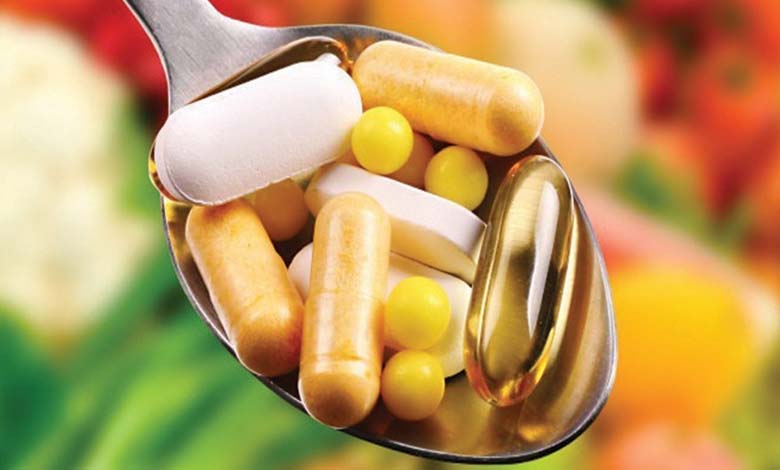Can Dietary Supplements Help in Treating Depression?

Depression is a major mental health disorder affecting over 280 million people worldwide according to the World Health Organization. Beyond conventional treatments such as antidepressants and psychotherapy, there is growing interest in dietary supplements as potential support in managing depressive symptoms. Their appeal lies in the perception that they are more natural, carry fewer side effects, and fit into a holistic approach to mental well-being.
Nutrition and Mood
Mental health is closely linked to nutrition. Deficiencies in key nutrients can impair the production of neurotransmitters such as serotonin, dopamine, and norepinephrine, which regulate mood, motivation, and energy. Vitamins B6, B9, B12, magnesium, zinc, iron, and omega-3 fatty acids play crucial roles in brain metabolism. For example, deficiencies in vitamin B12 or folate can reduce S-adenosylmethionine (SAMe) synthesis, increasing the risk of depression.
Omega-3 fatty acids, particularly EPA and DHA found in fatty fish and supplements, have been widely studied. They exert anti-inflammatory effects and support neuronal membrane fluidity. Recent meta-analyses indicate that EPA supplementation above 1 gram per day can significantly reduce depressive symptoms, especially when combined with standard antidepressant therapy.
Magnesium and Zinc: Regulators of Emotional Balance
Magnesium, often called the “anti-stress mineral,” is essential for nervous system regulation and synaptic transmission. Deficiencies can lead to irritability, sleep disturbances, and low mood. Clinical studies suggest that appropriate magnesium supplementation can improve mild to moderate depressive symptoms.
Zinc is also crucial for neuroplasticity, the brain’s ability to reorganize and adapt. Low plasma zinc levels have been observed in many patients with major depression, and supplementation appears to enhance the effectiveness of pharmacological treatments.
Probiotics and Gut Health: An Emerging Approach
The gut microbiota, often called the “second brain,” influences neurotransmitter production and emotional regulation via the gut–brain axis. Certain probiotic strains, such as Lactobacillus helveticus and Bifidobacterium longum, have shown mood-enhancing and anxiolytic effects. These probiotics help modulate inflammation and hormonal balance, providing a complementary avenue for depression management.
Limits and Precautions
It is important to note that dietary supplements do not replace conventional depression treatments. Their efficacy depends on product quality, administered doses, and individual deficiencies. Self-medication carries risks, particularly when interacting with prescribed medications or in cases of overdosing. Professional guidance is therefore essential before beginning supplementation.
Conclusion: Toward an Integrative Approach
Dietary supplements can be a valuable adjunct in depression management but are not a standalone solution. An integrative approach combining psychotherapy, lifestyle changes, physical activity, and nutrition appears to be the most effective strategy. Future research should further elucidate the mechanisms of nutrients on brain function to develop personalized protocols tailored to the unique needs of each patient.












